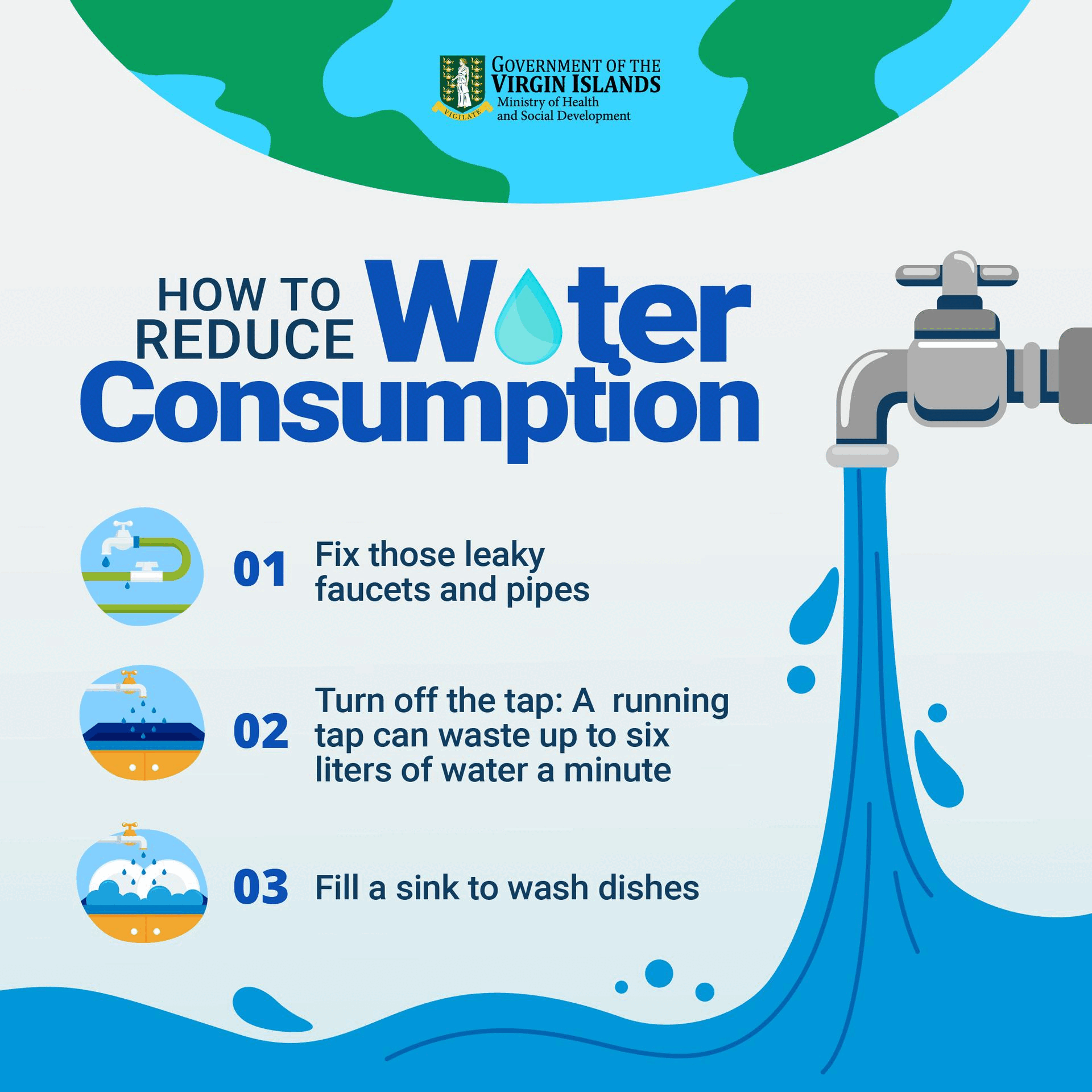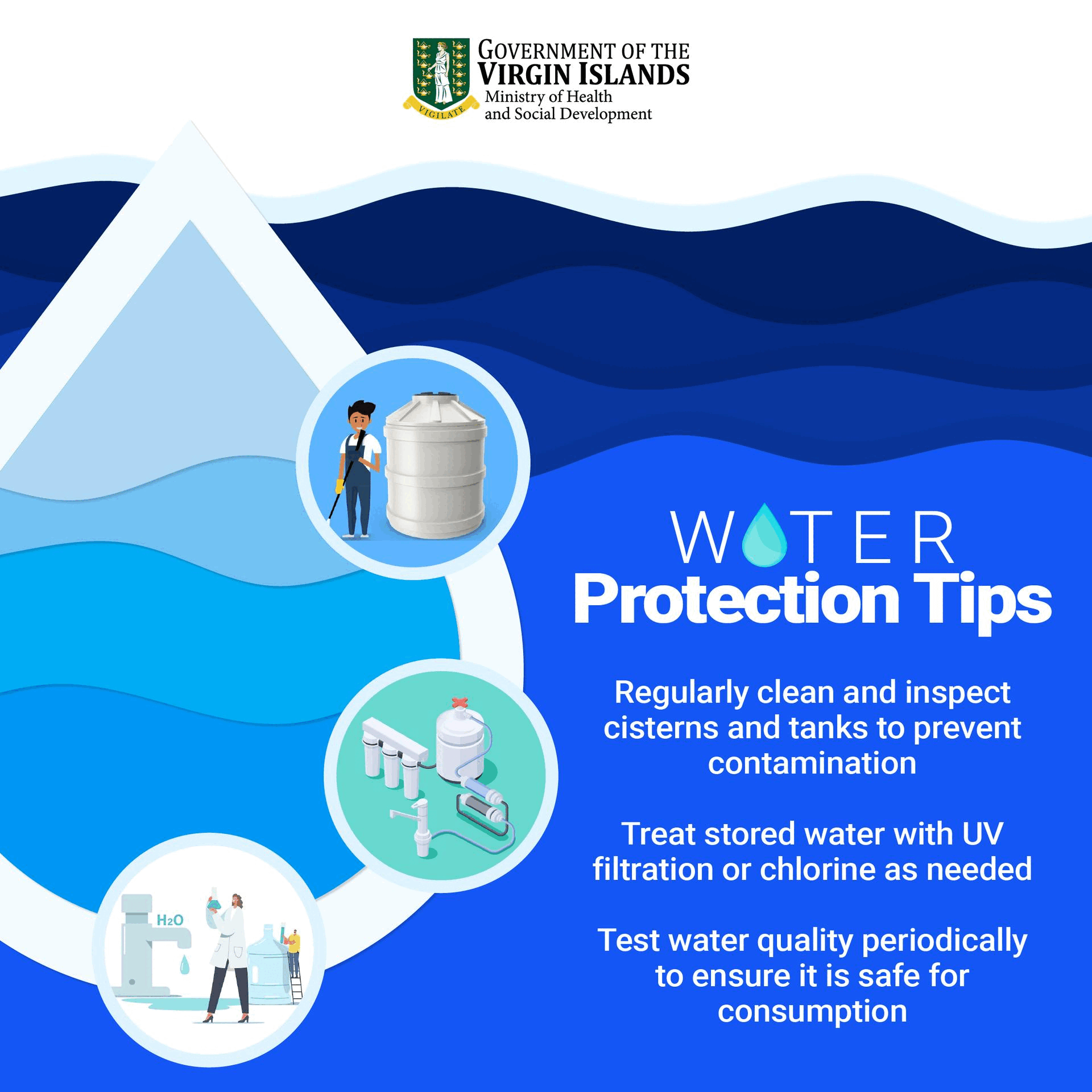Roughly 8.4% of COVID-19 infections in USVI are vaccinated people
FREDERIKSTED, St Croix, USVI- The [US] Virgin Islands Department of Health (DoH) has provided the Consortium with data after a request showing the percentage of vaccinated individuals in the US Virgin Islands (USVI) who have been testing positive for Covid-19.
According to DoH, the infection rate among vaccinated individuals has averaged 8.4 percent since November 2021. However, the data is limited because it only represents cases the [US] VI Department of Health is contact tracing. Contact tracing is performed when the health department is aware of a positive case.
"Please note we do not have booster data and a major limitation is that we do not know vaccination status of cases we are not contact tracing," DoH said.
The data represents persons who had two dozes of either the Pfizer or Moderna vaccines, or one dose of the Johnson and Johnson shot.
- Nov. 5, 2021 through Nov. 18, 2021 — 8 percent
- Nov. 19, 2021 through Dec. 1, 2021 — 8.4 percent
- Dec. 2, 2021 through Dec. 9, 2021 — 8.5 percent
- Dec. 10, 2021 through Dec. 17, 2021 — 8.6 percent
- Dec. 18, 2021 through Dec. 22, 2021 — 8.7 percent
- Dec. 23, 2021 through Dec. 29, 2021 — 8.2 percent
The Omicron variant of Covid-19 is now the dominant strain of the virus in the USVI, representing 90 percent of recent test samples sent to the Centers for Disease Control and Prevention for sequencing. The variant has proven to be highly transmissible and good at evading Covid-19 vaccines.
According to the World Health Organization, in late December Omicron was causing Covid-19 cases to double every 1.5 to 3 days in places with community transmission, and the virus was also spreading rapidly in places with high vaccination rates.
Both the Pfizer and Moderna two-dose shots — the most administered vaccines in the U.S. — have proven much weaker at preventing disease, though they may still prevent hospitalization and death.
D.O.H. on Saturday reported 2,150 active infections, up 341 cases from Friday's 1,809. According to data provided by the health department, St. Thomas accounted for 1,048 cases, followed by St. Croix with 1,007, and St. John with 92. All three islands were seeing record numbers as of Saturday driven by Omicron.
"With 2150 active Covid-19 cases reported and a 7-day positivity average of 23.40%, it is more crucial than ever for Virgin Islanders and visitors to practice social distancing, wash hands frequently, wear a mask, and avoid gatherings," D.O.H. said Saturday.
Health Commissioner Justa Encarnacion said Friday that D.O.H. would expand testing capacity to manage demand by reopening pop-up testing sites. The pop-up sites are open Mon.-Fri. from 1:30 p.m. to 3:30 p.m. On St. Croix, it is located at the Charles Harwood Complex in Richmond, on St. Thomas at the Schneider Regional Medical Center. On St. John testing will take place Wednesdays and Fridays from 12:00 p.m. to 3:00 p.m. at the V.I. Port Authority Gravel Parking Lot. "If we can expand anymore we will," the health commissioner said.
When to Take a Covid-19 Test
Ms Encarnacion said people should take a Covid-19 test within three to five days after exposure because the virus needs some time to multiply in the body, and failure to wait at least 72 hours could lead to an infected person getting an erroneous result.
“We realize that once you have been told that you were exposed the immediate reaction is to get tested because of the anxiety levels going up,” she said while advising about the correct steps that need to be followed once a person is exposed to the virus.
“The one to two days prior to developing symptoms the viral load is highest and you are most contagious, the inflammatory response takes over. Once you begin to develop symptoms your body is fighting and decreasing the viral load, shortly after that time you become less contagious but the possibility of transmitting the virus still exist,” she said during a news conference on Friday.
“We that said, I ask that if you were in close contact of a positive person that you quarantine and then get tested three to five days following your exposure. As indicated earlier, at that time your viral load will be at the point where we can best determine if you are infected with the Covid virus," said the Health commissioner.
“So, standing in long lines the day after you think you have been exposed does not necessarily mean you are going to get a positive result. It is going to give you false affirmation that you are not positive and then you go out and continue to infect others because your viral load then continues to increase,” she explained.
Individuals who receive a positive Covid-19 result should continue to follow the guidelines. “You should not go to work if you are sick or if you have been identified as a close contact of someone diagnosed with Covid-19; you should remain in quarantine until you receive a negative test result. If you test positive for Covid-19 and are having symptoms you should isolate,” said Ms Encarnacion.
Advising further, she said, “If you are exposed to someone and you are fully vaccinated you may return to work after quarantining for five days and get tested if symptoms develop. If symptoms do not develop you should return to work and continue to wear a mask over your nose and mouth.”
“If you become ill at work and have symptoms suggestive of Covid-19 you are to leave work and call the epidemiology hotline to schedule an appointment. You must quarantine while awaiting results. Even if the test results are negative for Covid-19 you should remain quarantined until all symptoms are resolved," said the Health commissioner.
“If you test positive and do not have any symptoms you should quarantine for five days. If you remain without symptoms you can return to the public after five days, but you must continue to wear your mask over your nose and mouth,” she said while calling on the public to play its role by following and applying the protocols or guidelines to protect themselves and others from becoming infected.











.png)



















12 Responses to “Roughly 8.4% of COVID-19 infections in USVI are vaccinated people”
But it’s not as deadly.
Shorter hospital stays if any.
https://youtu.be/pi_xTbT2IS0
Well ... that's a different .... accurate headline!!